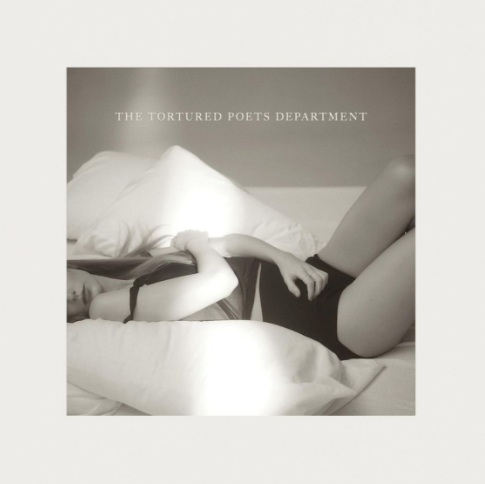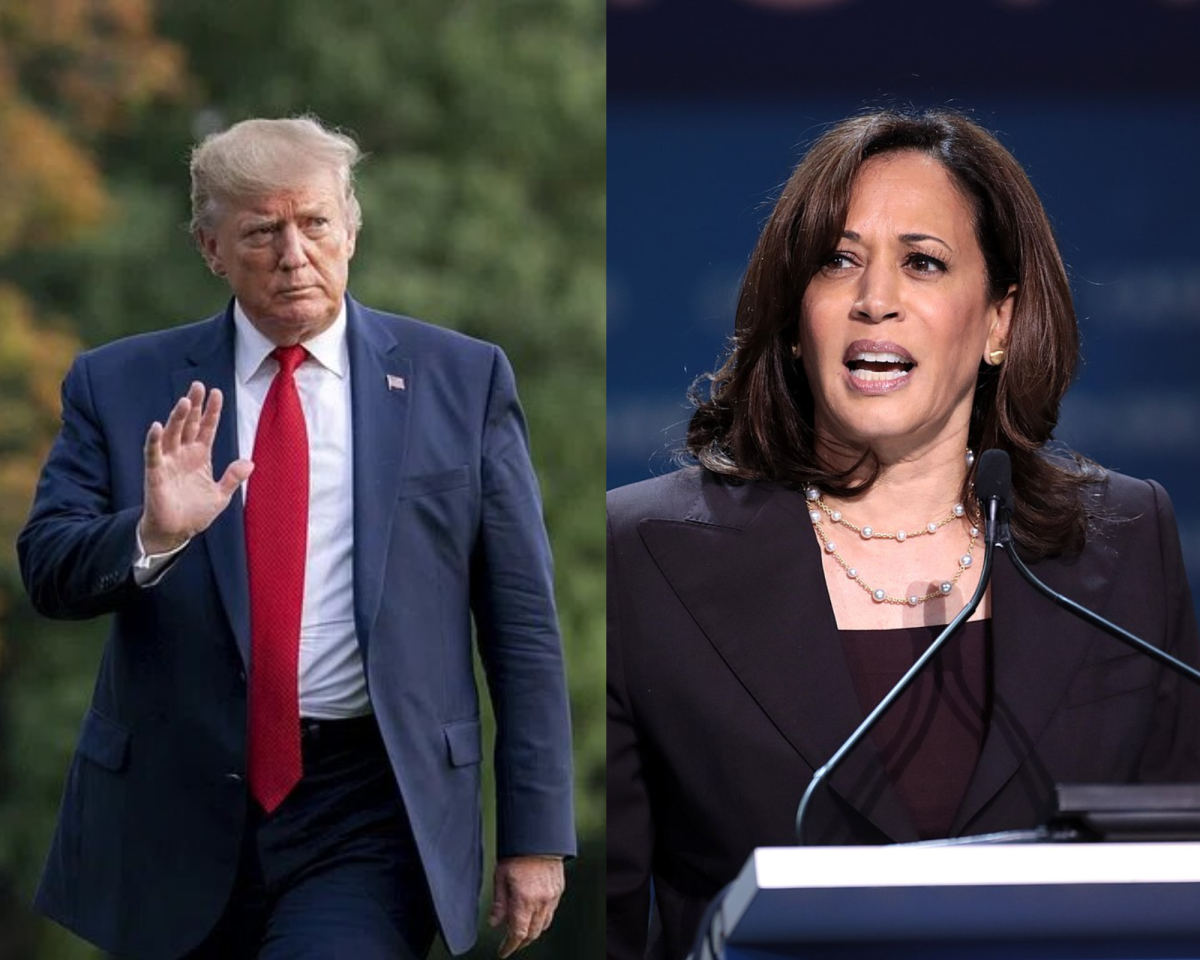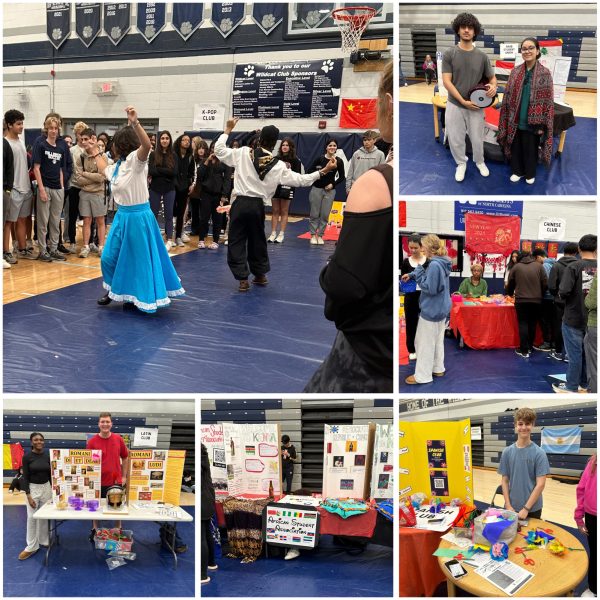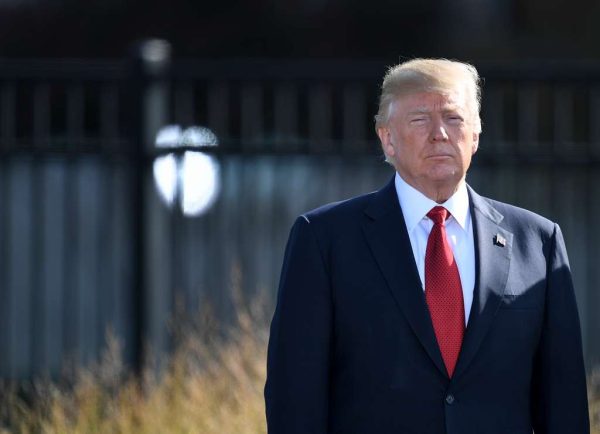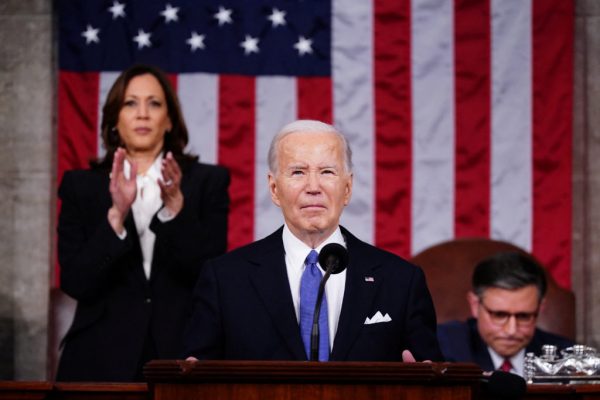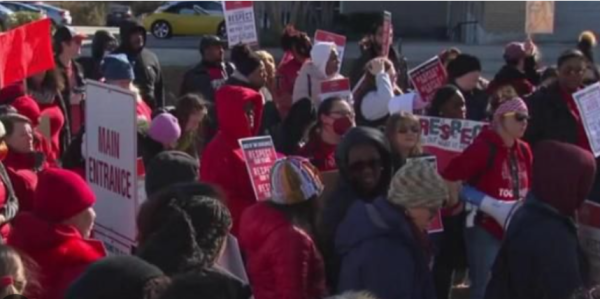Blackmarket transplants surface in Pakistan
March 16, 2017
Around October, Allah Wasaya sold one of his only possessions, his house, to buy his son, Mohammad Afzal, a kidney. In mid-November, Mohammad traveled by train to Rawalpindi, where he would undergo several tests, and eventually a kidney transplant. There, Afzal met the man selling his kidney: Hassan. Following his procedure, Mohammad developed kidney failure, pushing him back to where he was in October: dialysis.
Afzal is not the only victim of a blackmarket organ transplant. As the wait list for transplants get longer and longer, illegal organ trafficking increases to fill the demand. Pakistan is one of many countries that partake in underground transplants.
There are two people needed to complete a transplant: the donor and the receiver. More often than not, donors are forced against their will to give an organ in return for money. While blackmarket procedures go for about 50,000 – 60,000 dollars, donors are given only a snippet of that.
In October of last year, 24 people were rescued by police in Rawalpindi while awaiting the forced removal of kidneys. The said group was lured in hopes of getting a job and schemed into going to court under the idea of obtaining documentation work. The 24 captives were due to undergo kidney removal at a nearby hospital, the Kidney Centre. There are three people, not named, who will appear in the Pakistani court.
For both donor and receiver, blackmarket procedures can cause serious health issues. As said before, Mohammad Afzal developed kidney failure and was put on dialysis. Mohammad is not special in this circumstance, as many who receive a black market kidney often experience kidney failure. Often, transplants and organ removal cause infections, and on certain occasions, death.
Organ trafficking was criminalized in Pakistan in 2007, but the number of traffickers have dramatically risen since they fill the gap between supply and demand. Four years ago, the Taking Organ Transplantation to 2020 was launched in an attempt to eliminate the practice for good. NITS Blood and Transplant shows Pakistan is the number one destination of choice for patients seeking a kidney. Most of these patients are part of minority communities who simply cannot afford physically or emotionally to pay for a legal procedure and be placed on the transplant wait-list. Sophomore Sam Hess said, “There needs to be a new system for wait-listed patients, maybe that would help the problem of organ trafficking.”
Pakistan is not the only country affected by the practice or organ trafficking. The UK recently signed up to the council of Europe Convention Against Trafficking in Human Organs. China also has an epidemic of organ trafficking; 1.5 millions people have been killed for their organs in the past 15 years.
Organ trafficking, such as slavery and human trafficking, may not ever be eliminated completely. However, as more countries join forces to diminish the problem, more awareness comes to the issue, and hopefully the inhumane act will become a thing of the past.






